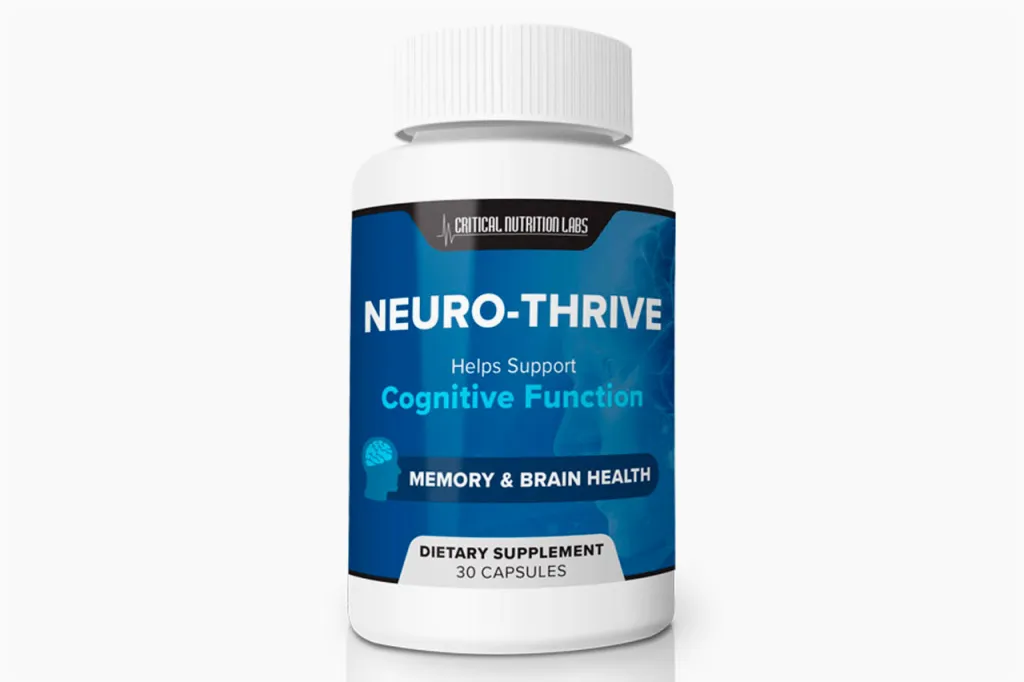Figs or Anjeer health benefits includes treating constipation, lowering cholesterol level, hastening recovery from sore throat, controlling blood pressure, preventing breast cancer and preventing colon cancer. Other benefits includes promoting bone health, supporting weight loss, promoting healthy liver function and preserving vision.
What is Fig or Anjeer?
Figs are one of the earliest recorder fruits ever found, with remnants of it being recorded as far back as 5000 years ago. Figs are related to mulberries, although they may not look like it, since they can come in a variety of colors, ranging from green to red. Ripe figs are sweet and juicy, though the unripened ones are said to contain latex which can irritate skin if not handled properly.
Regardless of this, figs are nutritious, can be eaten dried or as is, and make their way into a number of recipes thanks to their versatility. By far, the vast majority of figs are consumed dried, which they undergo naturally or via a drying process.
Nutritional Value of Figs
Figs are also relatively low calorie, yielding just about 75 calories per 100g serving size (roughly two figs). They also contain the following:
Total Carbohydrates- 19g
Dietary Fiber- 2.9g approx. 12% RDI
Sugars-16.3g
Protein0.7g
Vitamin A-142IU
Vitamin C-2.0mg
Vitamin K-4.7mcg
Folic Acid-6.0mcg
Calcium-35.0mg
Magnesium-17.0mg
Phosphorus-14.0mg
Potassium-232mg
11 Impressive Health Benefits Of Figs (Anjeer)

1. Can Help Treat Constipation
Figs actually share many benefits with dates, one of them being the ability to relieve constipation. Figs contain a fair amount of soluble fiber which helps add hydration to hardened waste material. They can either be consumed ripe, dried or soaked overnight in water, though many would prefer the soaking method if the desire is to cure constipation.
2. Figs Can Lower Cholesterol
There are many ways that foods may work to reduce cholesterol, ranging from promoting its elimination, to reducing bile acids and more. In the case of figs, you can thank its high pectin content. Pectin is a soluble fiber that binds cholesterol and helps remove it from the body via feces. Figs also contain Phyto-sterols, compounds which are regarded as excellent natural alternatives to strong medication for treating high cholesterol and triglyceride levels. While all these benefits are obtained from eating the fruit, consumption of the leaves have been found in animal studies to also promote oxidation of triglycerides.
3. Figs Help With Diabetes Control
Though figs have a fair amount of sugar, overall they are considered to have a lower than average GI index since they also contain fiber. What this does is make figs excellent snacks for diabetics, since they do not spike blood sugar levels to high. The potassium found in figs also have a supporting role, since potassium helps promote absorption of glucose into muscle cells, and also tapers the rise and fall fashion of blood sugar to ensure that the crash is not unbearable (which would lead to more snacking and hunger). A fig or two consumed as snacks by diabetics help to solve the problem of finding suitable in between foods that are also healthy.
4. Hasten Recovery From Sore Throats
While rest is absolutely essential for recovery from a sore throat, a little help can go a far way. In this case, you can thank figs for their high content of mucilage compounds- those with a naturally “slimy” constitution. This property helps soothe irritation and inflammation associated with a sore throat, and by forming a protective film on the site, help speed up healing. Many sore throat preparations for sale make use of some soothing mucilage like compound, such as glycerin or honey, and are effective at speeding up recovery time.
5. Help Control Blood Pressure
It is strange that many people are deficient in potassium, especially since it is not hard to obtain from diet. However, the problem arises from the fact that processed foods are loaded with sodium- which people opt for at their convenience, instead of natural foods. Figs solve this problem as they are sweet, so eating more of them does not feel as much as a chore as eating vegetables do. Potassium also promotes excretion of excess sodium, helping persons suffering from high blood pressure to get some degree of control over their condition.
6. Help Prevent Breast Cancer In Post-Menopausal Women
Breast cancer has a complex pathway of development underneath it, some as a result of hormonal differences, while other factors are based on genetic risk. However, what is interesting is that women who consume the highest amount of fruit fiber have the lowest risk of developing this breast cancer. In terms of fiber, it can help to promote elimination of waste in a timely manner and can also promote metabolism of some hormones and toxins. The exact reason behind this lowered risk is unclear, but the results are conclusive enough to determine that more fruit fiber decreases your risk.
7. Figs May Help To Prevent Colon Cancer
One of the key ways to prevent colon cancer development is to ensure that waste is not kept stored for a long period of time. However, for one reason or another, people may become predisposed to constipation, inadvertently increasing your risk of colon cancer. A high fiber diet becomes absolutely mandatory in such cases, as it is unsafe to keep feces stored for long periods of time. Negative changes to the colon mucosa can occur after excessive exposure to waste, along with formation of colon polyps. Polyps need to be examined and determined if it is essential that they be removed, as they may have the potential of turning cancerous.
8. Figs Promote Health Of Bones
Figs contain many of the essential nutrients requirement for bone synthesis and maintenance, even if just in small quantities. However, these small quantities can all add up, especially if a person has a dairy based allergy or intolerance that makes it hard to obtain calcium. But it is important to keep in mind that calcium is far from the only mineral required for bone synthesis, since many other supporting nutrients have a role to play. Those others include magnesium, zinc, vitamin D and vitamin K.
9. Figs Can Help With Weight Loss
Insulin and ghrelin are two important hormones that can negatively affect the goal of losing weight, since they both stimulate hunger. In order to efficiently lose weight, hunger must not be a deterrent when calories are restricted.
Figs deliver a unique double whammy of having fiber which helps you feel satiated for a much longer time, and the presence of magnesium and potassium which improve insulin’s function, allowing greater sensitivity and stabilizing blood sugar levels. Just be sure to not consume too many of these figs, or you might incur a heavy calorie load without realizing it and cause weight gain instead!
10. Figs Promote Healthy Liver Function
Figs can help the liver work optimally, helping with detoxification, and allowing elevated liver enzymes to return to normal. For example, alcoholics put their liver metabolizing enzymes under high strain, but fig consumption can help return these elevated enzyme levels to normal.
11. Figs Help Preserve Vision
One of the most important nutrients for maintaining healthy vision is Vitamin A and its family of related carotenoid anti-oxidants. Figs, while not an extremely rich source of these nutrients, do contain them in small quantities. Consumed consistently, they offer excellent support to the health of your eyes, helping prevent macular degeneration, enhancing night vision and reducing the likelihood of cataract development.

